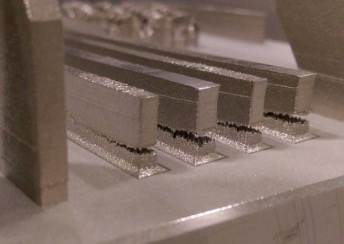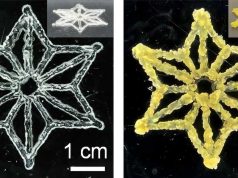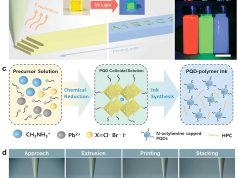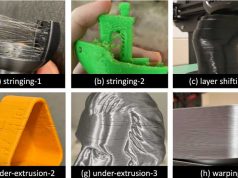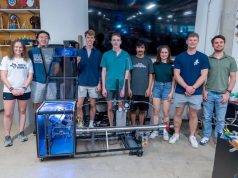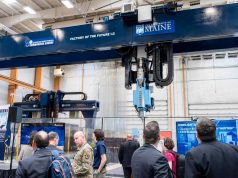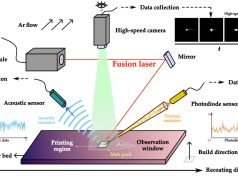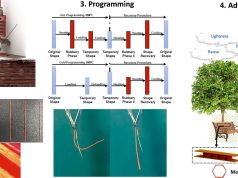Researchers at the University of Pittsburgh’s Swanson School of Engineering have collaborated with manufacturer Aerotech Inc. to develop novel computational methods for additive manufacturing.
Their project titled “Novel Computational Approaches to Address Key Design Optimization Issues for Metal Additive Manufacturing” is supported by the National Science Foundation with a grant of $ 350,000. Aerotech will provide designs and evaluation to the team based in the Department of Mechanical Engineering and Material Science at Swanson School.
“The ability to create geometrically complex shapes through additive manufacturing is both a tremendous benefit and a significant challenge,” said Associate Professor and Principal Investigator Dr. Albert To. “Optimizing the design to compensate for residual distortion, residual stress, and post-machining requirements can take days or even months for these parts.”
The team’s plan includes the initial development of a simple yet accurate thermomechanics model to predict residual stress and distortion in the 3D printed part. The next step is to develop a topology optimisation method capable of generating designs with both free-form surfaces and machining-friendly surfaces. Dr. To explained that this will compensate for the geometric complexity and organic nature of additive manufactured parts, which contribute to their potential for distortion and post-machining problems.
The approach developed by the research team will then be tested on real design requirements provided by Aerotech. Stephen Ludwick at Aerotech explains: “The tools developed through this collaboration will allow us to produce the complex parts enabled by additive manufacturing with a minimum of trial-and-error and rework. This in turn allows us to design stiff and lightweight components in our high-speed motion systems which are also used by other companies engaged in advanced manufacturing.”
“By utilizing advanced mechanic theory, we hope to reduce design optimization of additive manufactured parts to minutes, thereby reducing the time of design life cycle,” Dr. To explains. “This would lead to wider adoption of AM by the U.S. manufacturing base and further improve the economic sustainability of the additive manufacturing process.”
Subscribe to our Newsletter
3DPresso is a weekly newsletter that links to the most exciting global stories from the 3D printing and additive manufacturing industry.



